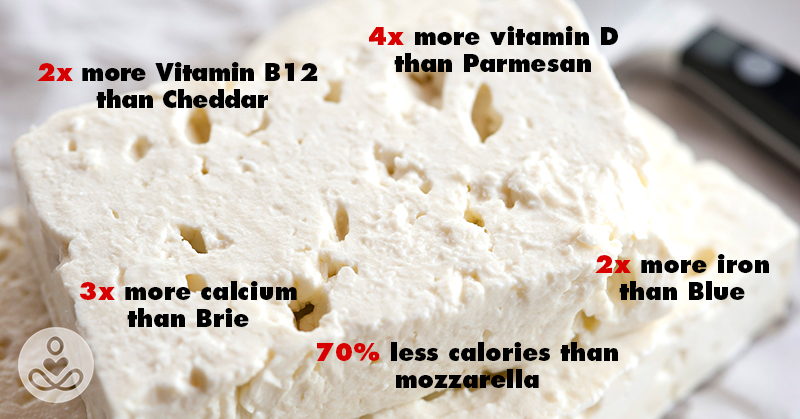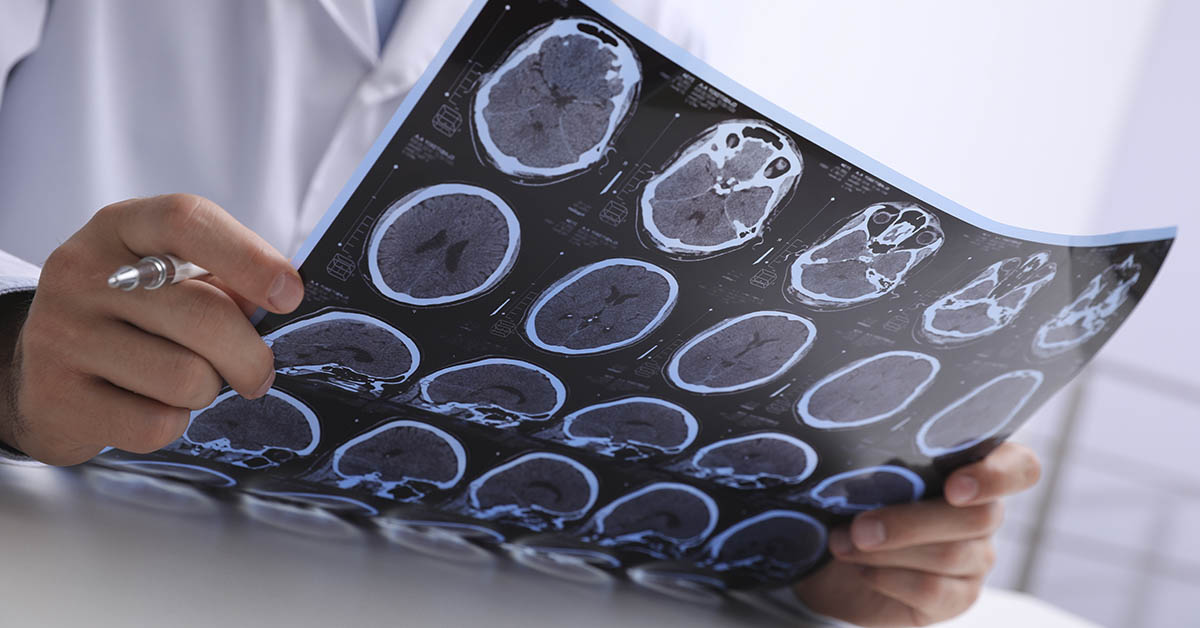Dementia, including Alzheimer’s disease, is a neurodegenerative condition characterized by cognitive decline and memory loss. As the aging population increases, finding potential treatments and preventative measures for dementia becomes crucial. In recent years, there has been considerable interest in the potential benefits of coconut oil in mitigating the effects of dementia. Specifically, medium-chain triglycerides (MCTs)...

Julie Hambleton
Health & Wellness Journalist
Julie Hambleton has a BSc in Food and Nutrition from the Western University, Canada, is a former certified personal trainer and a competitive runner. Julie loves food, culture, and health, and enjoys sharing her knowledge to help others make positive changes and live healthier lives.
Misdiagnosis can have devastating consequences for those who are unfortunate enough to experience them. The negative impact they can have is exemplified clearly by the story of Chandler Plante, a young woman whose stroke was misdiagnosed as anxiety. Despite seeking medical attention for troubling symptoms, it wasn’t until later that she discovered she had experienced...
Every day there seems to be new health or nutrition advice and quite often it conflicts with what we’ve already heard. This can be frustrating, but all we can do is try and cut through the chatter and do our best to keep ourselves healthy. We are exposed to a lot of harmful materials in our environment on...
Feta cheese is one of the most unique cheeses you can find. Its mildly nutty in flavor, has a soft but firm texture, and adds the perfect slightly salty, cheesy punch to an otherwise boring dish. If you’ve ever had Greek, Mediterranean, or Middle Eastern food, then you know how much feta can elevate a...
Life has this remarkable way of becoming our most influential teacher. Its lessons often arrive unannounced, camouflaged in experiences that shape our perspectives and values. The classroom isn’t always comfortable, but its curriculum is rich with moments of joy, sorrow, success, and failure. Through trials and triumphs, life imparts wisdom that textbooks can’t contain. It...
Living with multiple sclerosis (MS) can be a challenging and life-altering experience. This chronic autoimmune disease affects the central nervous system, leading to a wide range of symptoms such as fatigue, pain, cognitive impairment, and mobility issues. Although each individual’s experience with MS is unique, there are certain aspects of the disease that only those...
Living with acid reflux and heartburn can be a daily struggle, impacting our comfort and overall well-being. Fortunately, there are ways to manage these conditions and alleviate symptoms through diet and lifestyle changes. These are some helpful, dietitian-approved tips on how to manage acid reflux and heartburn, including which foods to opt in and out...
High blood pressure and hypertension is far too prevalent in the United States. Nearly half of all American adults have hypertension. Of those people, only one in four have theirs under control. Though it is important to follow your doctor’s instructions if you have high blood pressure, there are foods you can use to help...
Magnesium is an essential mineral that plays a crucial role in numerous bodily functions. Despite its significance for overall health, magnesium deficiency is important to avoid. Let’s take a dive into the world of magnesium by exploring its functions, signs of deficiency, and its potential impact on chronic diseases. We will also look at dietary...
Poor circulation is a common problem caused by a number of conditions. Peripheral artery disease (PAD), diabetes, obesity, smoking, and Raynaud’s disease are some of the many causes of poor circulation (1, 2, 3, 4, 5). Reduced blood flow can cause unpleasant symptoms, such as pain, muscle cramps, numbness, digestive issues, and coldness in the...
Back problems are one of the most common ailments that affect huge numbers of people every single day. While there are a variety of reasons why people experience back problems, there are just as many ways to help get rid of the pain. These are some of the best natural ways to help improve back...
Our bodies are incredibly intelligent machines. They can communicate with us, sending signals and symptoms to indicate that something might be wrong. However, in our fast-paced lives, we often neglect or dismiss these signs, only for the issue to worsen over time. Paying attention to our body’s messages and taking appropriate action before it is...











